The word VPN (virtual private network) is frequently used online. You will undoubtedly come across a VPN article or commercial, regardless of the site you visit. As we are all aware, a virtual private network (VPN) adds an extra layer of security to our Internet connection through the services of a VPN provider. It will protect your online activity and let you access content that is restricted in your country, like Netflix. Thus, the VPN is undeniably a practical innovation.
However, a typical user may not pay much attention to a VPN if they have nothing to unblock and never access harmful websites. You might not think a VPN is required for the everyday user, but what if I told you that it would help you keep your data private and secure online?
It sounds ridiculous until you realise that information about you is being passed around the Internet and you have no idea. As someone once put it, “security is just a myth. But I can make it more difficult for an intruder to crack it.
Reasons to Use VPN
Although there may be hundreds of reasons why you should begin utilising a virtual private network (VPN), I am unable to describe each and every one of them here. Because of this, I have selected for you some of the most noteworthy ones by hand. The following are some compelling arguments in favour of utilising a virtual private network:
1. Protect yourself with a VPN
Dangerous content abounds on the web. Antivirus software and other forms of Internet protection are not enough to keep you safe from all potential dangers. Connectivity-level security requires more than just antivirus software. You can prevent even the most malicious hackers from discovering your true IP address by connecting to a VPN. You can make it far more difficult for 99 percent of hackers to break into your system or network. Using a virtual private network (VPN) service will prevent anyone from tracing your online activities back to your actual location, including your IP address. This means that if someone tries to penetrate your network, they will only be able to see the details of the VPN server you originally connected to. That would be next to impossible to crack.
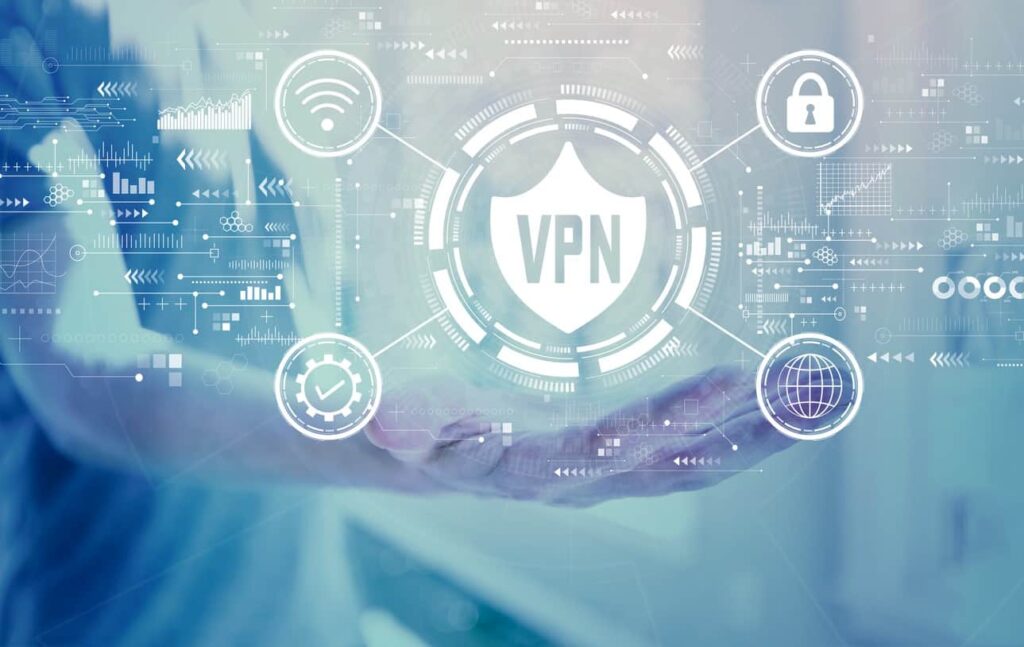
2. Use VPN for your Business
If you run an online business with several employees who need access to the same web server, a virtual private network (VPN) is a must. Adding an extra layer of protection to the connections between your web server and the workstations you’re using to access the files is recommended if your organisation is quite large and well-known in its area.
It is far more difficult for hackers to steal your data while using a virtual private network since the IP address of the originating server and other connection data are hidden.
3. Use Public Wi-Fi with VPN
Use caution when connecting to public Wi-Fi networks because your personal information could be stolen. Numerous places of public entertainment, from eateries to public transportation, offer free Wi-Fi to their patrons. Connecting to these services puts your device at risk from a variety of dangers. Connecting to a public Wi-Fi hotspot makes your device more vulnerable to intrusion than connecting from a private network, such as the one you use at home. You can avoid this by using a virtual private network (VPN) service to conceal your online identity while using a public Wi-Fi connection.
4. Access Blocked Services using a VPN
Many countries restrict access to popular websites. One well-known streaming service that is unavailable in many regions is Netflix. By connecting to a server in a different country, a VPN enables access to content that would otherwise be blocked. The service is not unique to Netflix. VPNs make it possible to view content that is blocked in your country. If you use a reliable VPN, you won’t notice any slowdown in performance. Make sure the VPN provider you choose has numerous servers located globally, including one relatively close to where you are.
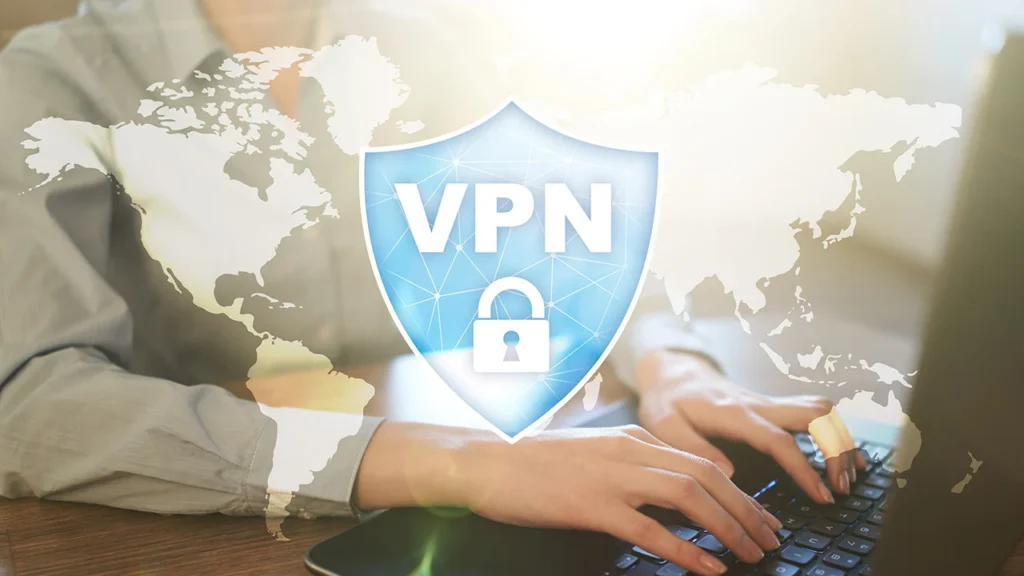
5. Save Money from Online Shopping using a VPN Service
Popular retailers like Amazon, for example, may show you varying pricing for the same product, depending on where you are physically located. So, if you want to buy something that is less expensive in another country, you can connect to a VPN service and make the transaction from that country. Make sure it’s still worthwhile after factoring in things like shipping costs to your country. The same strategy also applies to the purchase of airline tickets. It applies to very about anything; if you can find a cheaper price elsewhere, you should.
6. Get a VPN for Better Online Gaming
I was wondering if you were a gamer. If that’s the case, a virtual private network (VPN) can significantly improve your ping and connection speed while playing games online. Keep in mind that not everyone who utilises a Virtual Private Network will see an increase in their bandwidth. Online gaming responsiveness may improve if the issue is due to your location or IP address, but this is not always the case. A noticeable slowing of response time is possible, especially in first-person shooter online games where competition is fierce.
7. Secure your Meetings making use of a VPN
Those who often take part in meetings can be certain that their meetings are secure by using a virtual private network (VPN). A virtual private network (VPN) is unnecessary for a casual video chat home. A virtual private network (VPN) isn’t a must, but it’s a smart move if you’re hosting a high-stakes business conference where confidential information will be discussed. Your Zoom calls, Skype meetings, etc., can be kept private by using a virtual private network.
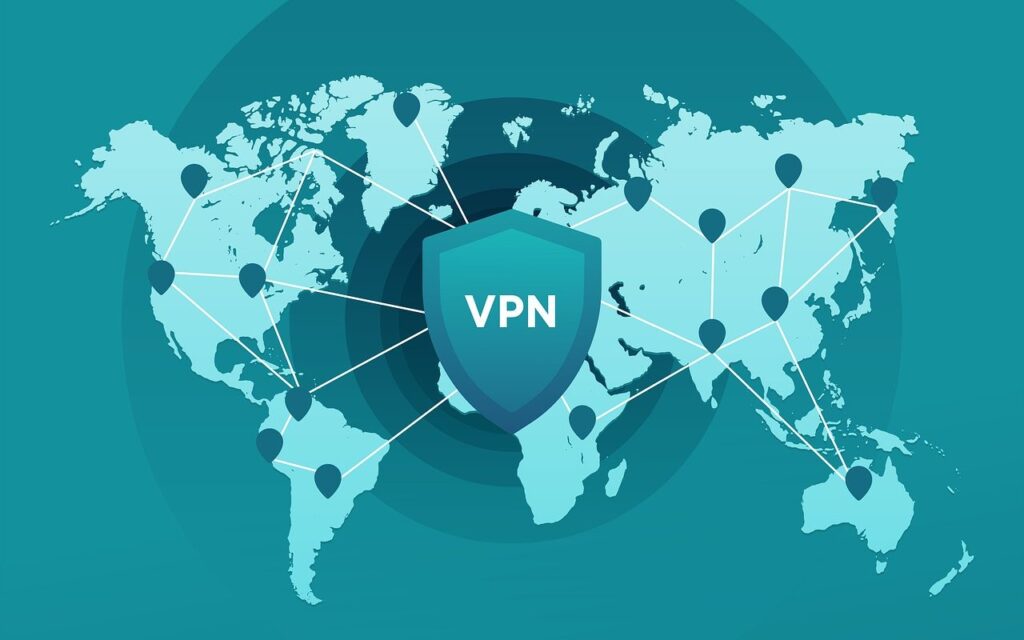
Is VPN Worth Using?
The question of whether VPN is worth using has become increasingly relevant in today’s world. With online privacy and security concerns on the rise, many people are turning to VPNs for protection. But is it really worth it? The answer, of course, depends on your needs. If you’re someone who values your online privacy and wants to keep your identity secure, then a VPN can be a valuable tool. It can encrypt your internet connection and help you stay anonymous online. However, there are some downsides to using a VPN, such as slowed internet speeds. So, before you decide whether to use a VPN, make sure you weigh the pros and cons and consider your specific needs. Ultimately, whether a VPN is worth using or not depends on your individual circumstances.









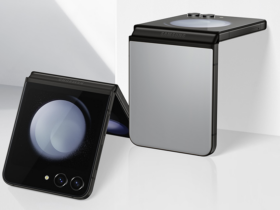





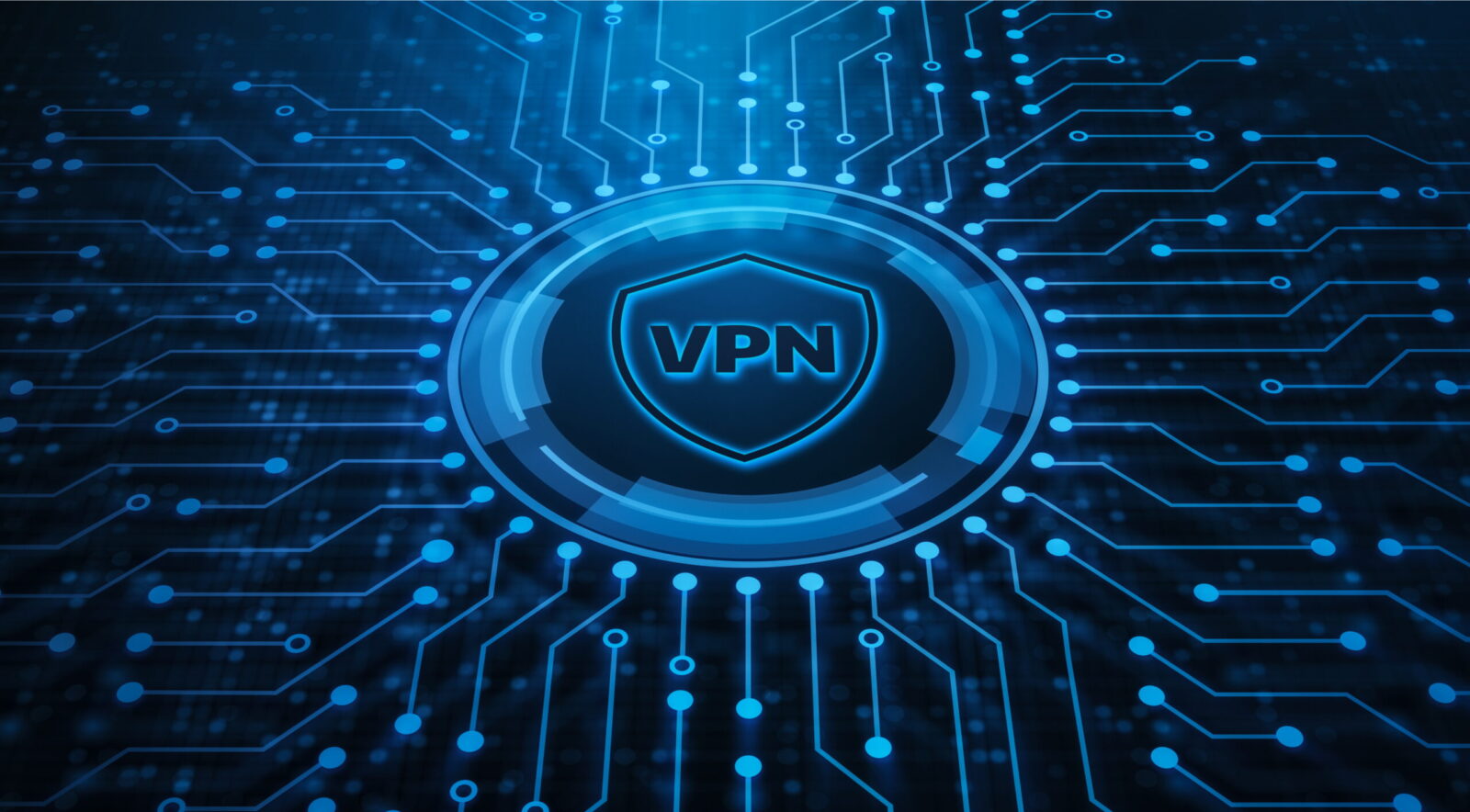

Leave a Reply